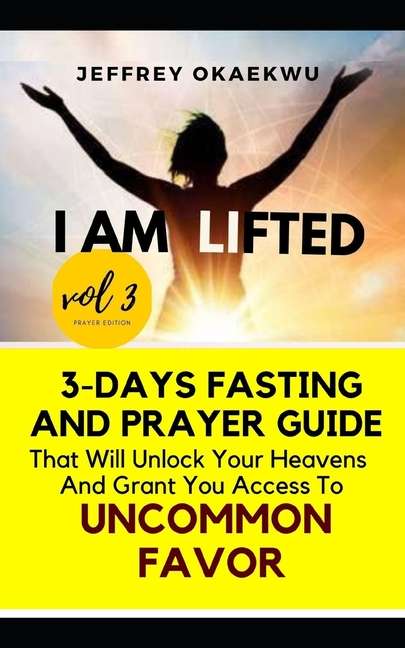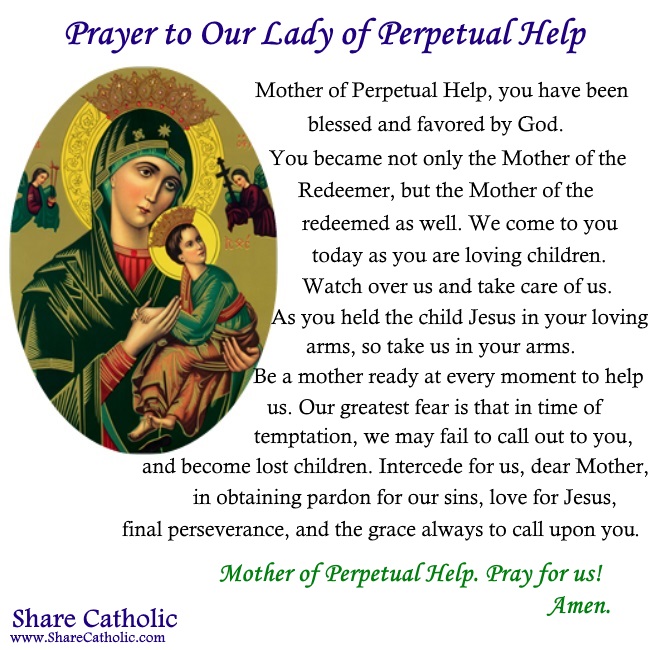3 Day Fasting And Prayer Guide
As Christians, we know that our faith requires us to put our trust in God. And as we place our trust in God, it’s only right that we ask for his help in specific areas of our lives. One such area is fasting. Fasting is a powerful way to draw closer to God and to focus on him during difficult times. In this guide, we will provide you with tips on how to fast effectively and pray for guidance during your fasting journey.
What is fasting?
Fasting is a practice that originated with God. It is the act of abstaining from food and drink for a religious or spiritual purpose. Fasting can be done as part of a larger religious observance, or as a form of personal prayer.
There are many different types of fasts, each with its own benefits. A partial fast is one in which you restrict your diet to only certain types of foods. A complete fast is when you completely abstain from all food and drink. Muslims do not eat during the daylight hours during Ramadan, while Jews observe Yom Kippur by fasting from bread and water. Christians often fast on Wednesdays and Fridays during Lent.
The benefits of fasting include: gaining greater insight into God’s will; gaining strength through self-denial; developing patience and humility; increasingawareness of your own body; and becoming more connected to others around you.
How does fasting work?
The human body is a complex machine that requires food in order to function properly. The hypothalamus, located in the brain, control hunger and fullness signals. Fasting helps to cleanse and reset the hypothalamus. When we fast, our bodies start to produce less ghrelin, the hormone that stimulates hunger. This allows us to focus on prayer more fully because we are not focused on our stomachs constantly grumbling for food. Fasting helps us connect with God and receive His blessings.
There are different types of fasting, but all of them help clear out unhealthy toxins from the body and promote spiritual growth. Some forms of fasting include intermittent fasting (where you fast one day a week) , alternate-day fasting (where you fast one day and eat normally on another) , and regularly skipping breakfast . Each has its own benefits and challenges. It’s important to consult with a health professional before starting any type of fasting if you have any medical concerns or if you are pregnant or breastfeeding .
What are the benefits of fasting?
There are many benefits to fasting, both spiritual and physical. Below are just a few of the most common benefits:
1. Increased Spiritual Connection
Fasting can help increase your spiritual connection to God. When you abstain from food, your body and mind become more focused and connected to the present moment. This allows you to better connect with God during prayer or meditation.
2. Improved Mental Health
Similarly, fasting can improve mental health by helping you focus on your own thoughts and emotions rather than on food. When you break the cycle of rumination, anxiety and stress can decrease significantly.
3. Reduces Stress Levels And Anxiety Symptoms
One of the most common benefits of fasting is that it reduces stress levels and anxiety symptoms. When you drastically reduce your caloric intake, your body releases cortisol – a hormone that helps regulate blood sugar levels, energy production and overall moods. Studies have also shown that intermittent fasting can reduce depressive symptoms in people with major depressive disorder[ii]. Bottom line: Fasting is a powerful tool for improving mental health!
How long can you fast for?
You can fast for anywhere from 12 to 48 hours, but the optimal length of time varies depending on your health and goals. You’ll want to speak with your doctor before starting any fasts, as some may be medically contraindicated. Additionally, fasting may interfere with certain medications or require adjustments in dosage.
If you’re fasting for health reasons, aim for a length of time that allows your body to undergo a detoxification process while still providing enough nutrients and energy to support your bodily processes. In general, it’s recommended that you drink plenty of water, avoid refined carbohydrates and processed foods, and keep an eye on the level of electrolytes in your blood (potassium and sodium) during fasting periods.
What are the risks of fasting?
There are a few risks associated with fasting, but most people who do it report feeling healthier and more energetic afterward. The biggest risk is that a person could experience dehydration if they don’t drink enough water while fasting. And because fasts can lead to an increase in the body’s acidity levels, they can also be dangerous for people with heart conditions or other medical conditions that could be exacerbated by high acidity levels. People who are pregnant or breastfeeding should also avoid fasting as there is no evidence that it is healthy for either of those groups of people.
Tips for fasting success
There are a few things that you can do to help make fasting easier and more successful. First, be prepared. Make sure that you have everything that you need on hand, including water, protein snacks, and sunscreen if you will be outdoors during the day. Second, set reasonable goals for yourself. Don’t try to fast for too long or too hard, or else you may not enjoy the experience or get any positive results. Finally, remember to celebrate your successes! Once you’ve fasted for a while, it’ll become easier and more natural to keep doing so.
The benefits of fasting
There are many benefits to fasting. Some of the benefits include:
1. Improved mental clarity and focus.
2. Increased energy levels throughout the day.
3. Greater spiritual understanding and unity with others.
4. Better sleep quality and quantity.
5. Reduced inflammation in the body, which can lead to better health overall.
What to eat during a fast
If you are fasting for a religious or spiritual purpose, there are many things that can be eaten during the fast. Generally, foods that are high in carbohydrates and low in fat are discouraged during a fast because they will cause an increase in insulin levels. Some exceptions to this rule include fruits and vegetables. Fruits and vegetables contain complex carbohydrates and fiber which will help to regulate blood sugar levels.
A good way to break the fast is by eating a light breakfast consisting of fresh fruits, yogurt, oatmeal or toast with honey or maple syrup. For lunch, try to eat something lighter, such as salad or soup. Dinner should be heavier than lunch, containing protein and whole grains. Try not to eat processed foods or sugary drinks. If you find yourself struggling to stick to your fasting schedule, it is always ok to consult with a doctor or wellness expert for guidance on what is best for your health.
The fasting journey is one that can be difficult, but it can also be extremely rewarding. This three day fasting guide will help you get started on your spiritual fast and provide you with tips and advice to make the process as smooth and successful as possible. I hope that this guide has helped you gain a better understanding of why fasting is so important, as well as what to expect during your first fast retreat. If you are still considering embarking on a spiritual fast, I urge you to read this guide and take the necessary precautions for a safe and rewarding experience.






